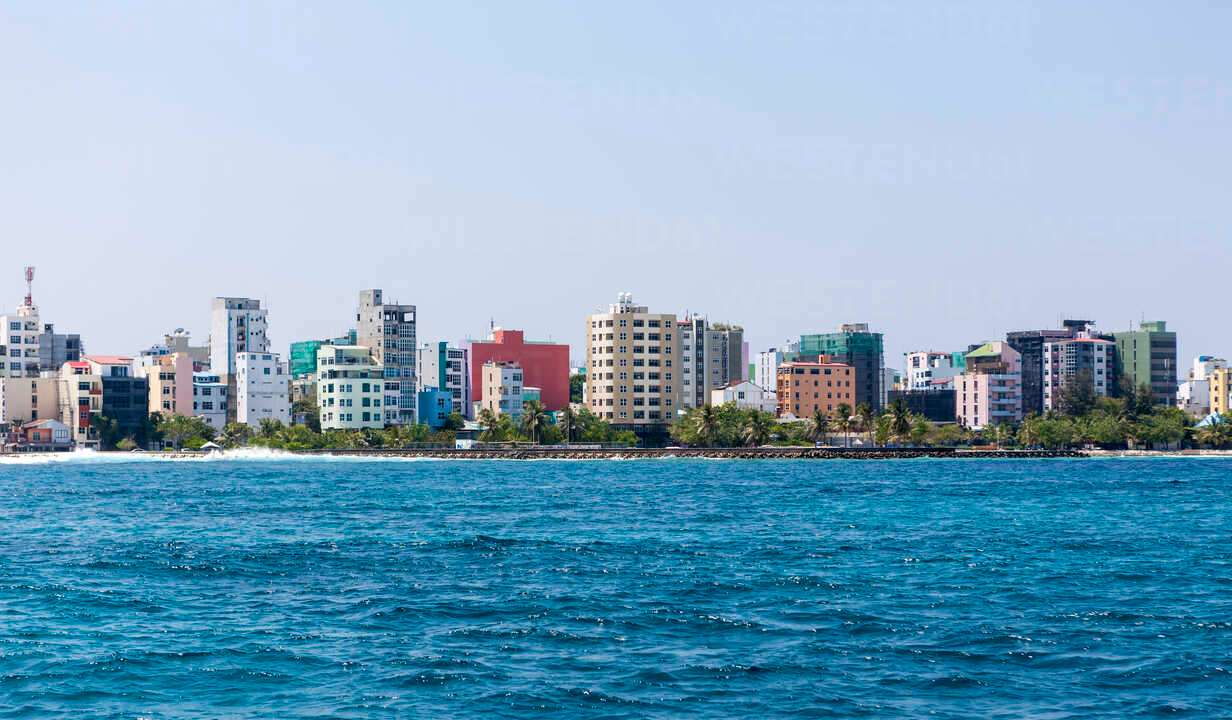MDP urges authorities not to obstruct the upcoming mass rally
The Maldivian Democratic Party (MDP) has called on the authorities to ensure that its upcoming mass rally proceeds without obstruction, describing it as a peaceful exercise of democratic rights amid an increasingly charged political climate. The rally, expected to draw thousands from across the atolls, is being organised to protest what the MDP calls “erosion of institutional independence” and “selective application of justice.” The party has urged the government and police to uphold constitutional freedoms, warning that attempts to disrupt the event would deepen political divisions. Analysts see the rally as a crucial test of public sentiment ahead of local elections and as a reflection of the widening rift between the ruling coalition and the main opposition.
MDP launches campaign demanding release of Lootuvaifi rally detainees
The MDP has launched a nationwide campaign demanding the immediate release of detainees arrested during the earlier Lootuvaifi rally, where dozens were taken into custody amid allegations of excessive police force. The campaign combines street demonstrations with a digital outreach strategy aimed at international human rights organisations. Party leaders argue that the arrests were politically motivated and form part of a broader pattern of suppression against opposition voices. The government, in response, has defended the arrests as necessary for maintaining public order. The situation has reignited debates over the Maldives’ democratic backsliding, with activists calling for judicial oversight and accountability in handling political protests.
ECM schedules 25 October referendum to decide governance of southern islands
The Elections Commission of Maldives (ECM) has announced that a referendum will be held on 25 October to determine the administrative governance of Hulhudhoo, Meedhoo, and Feydhoo. The vote will decide whether these southern islands will remain part of their current administrative structure or be reorganised for improved local governance. The ECM will deploy 18 ballot boxes across the region to ensure full voter participation. Officials say the referendum aims to strengthen local autonomy and address calls for greater representation. Political observers note that this decision comes at a time when the government is emphasising decentralisation as a pillar of its development strategy, even as critics argue that it risks politicising regional administration.
Maldives president demands accountability for Gaza, rejects 'principles for profit'
In a striking foreign policy statement, President Mohamed Muizzu demanded international accountability for the crisis in Gaza, condemning what he described as the global community’s failure to act out of “principles for profit.” Speaking at a regional forum, Muizzu asserted that moral consistency should define international relations, not economic or political convenience. The Maldives has long positioned itself as a vocal advocate for Palestinian rights, and the President’s comments reinforce that stance amid renewed global outrage over escalating civilian casualties. His remarks have been widely shared across social media and have drawn praise domestically for affirming the Maldives’ humanitarian diplomacy.
Revised Foreign Investment Act expands opportunities for local businesses
The Maldives’ revised Foreign Investment Act has been lauded by the Economic Minister as a “milestone reform” that expands opportunities for local entrepreneurs and small businesses. The updated legislation simplifies licensing procedures, increases transparency, and introduces safeguards to ensure that foreign partnerships deliver tangible benefits to local communities. The government says the changes aim to create a more competitive investment environment while preserving national interests. Economic analysts note that this move could help diversify the Maldivian economy beyond tourism by attracting foreign capital into technology, fisheries, and renewable energy sectors.
